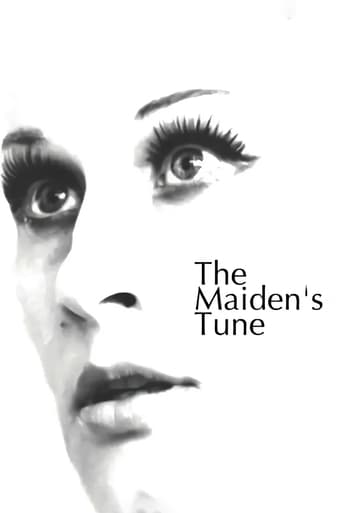
01 Jan 1973

The Maiden's Tune
A man heading through the countryside is drawn to a strange castle, which is reputed by the locals to be haunted. There he meets a beguiling young woman who ensnares him in her world of secrets.
At 41 years old, the Quebecois conductor Yannick Nézet-Séguin has established himself as one of the most gifted maestros of his generation, with numerous prestigious posts with some of the world’s greatest orchestras already under his belt, including the Philadelphia Orchestra and the Rotterdam Philharmonic Orchestra (music director), London Philharmonic Orchestra (principal guest conductor), and the Orchestre métropolitain de Montréal. One week before Nézet-Séguin's official nomination as music director of the Rotterdam Philharmonic Orchestra in 2008, filmmaker Christiaan van Schermbeek met the maestro for the first time. The once-in-a-lifetime event inspired Schermbeek to begin this documentary project, giving us a fascinating glimpse into the life of a truly extraordinary individual.


01 Jan 1973

A man heading through the countryside is drawn to a strange castle, which is reputed by the locals to be haunted. There he meets a beguiling young woman who ensnares him in her world of secrets.
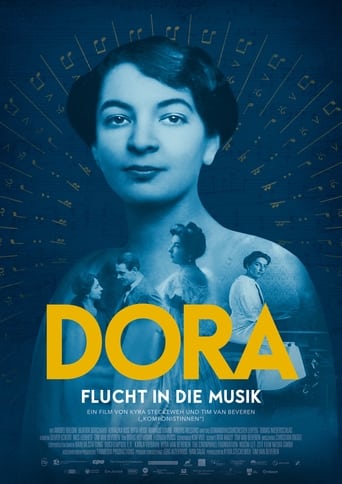
15 Oct 2022

The pianist Kyra Steckeweh and the filmmaker Tim van Beveren search for traces where Countess Dora Pejačević (1885-1923) lived and worked. Their documentary is a journey through time to a half brilliant, half broken Europe.

01 Apr 2023

A humorous documentary about the search for a great composer who managed to overcome his depression by spelling his own name wrong.
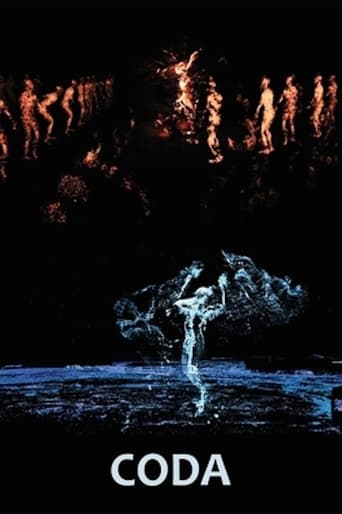
01 Jan 2014

This short animation draws on advanced digital technologies to offer a new vision of dance in cinema. With motion capture (MoCap) and particle processing, designers Denis Poulin and Martine Époque create virtual dancers free of their morphological appearance. In this balletic and hypnotic film, dynamic traces carry the motion of the real dancers behind the on-screen movements. Addressing environmental themes by way of metaphor, CODA is a fused universe where space and time collide, deploy, and dissolve. In this technically and formally innovative film, luminous bodies in the infinite space of the cosmos transform and evolve to the rhythms of Stravinsky’s Rite of Spring.
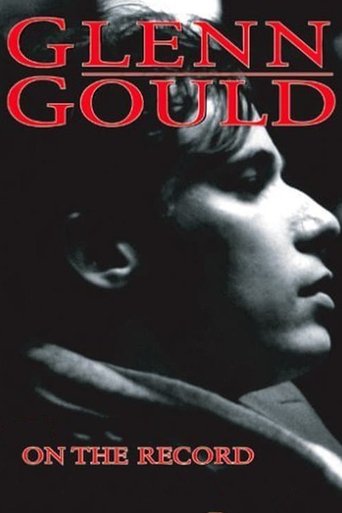
01 Jan 1959

This short documentary (the second of two parts) follows Glenn Gould to New York City. There, we see the renowned Canadian concert pianist kidding the cab driver, bantering with sound engineers at Columbia Records, and then, alone with the piano, fastidiously recording Bach's Italian Concerto.
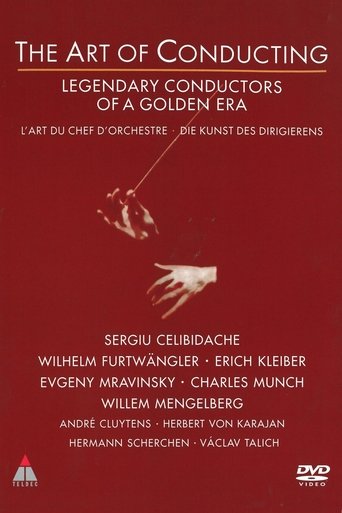
01 Jan 1997

Following the success of the Art of Conducting-Great Conductors of the Past, this second edition focuses on a further six of the twentieth century's greatest conductors, complemented by commentary from music personalities who knew the artists firsthand. Rare film clips are also included of Herbert von Karajan, Hermann Scherchen, Andre Cluytens and Vaclav Talich.

20 Oct 2017

For their annual season end concert, the Berliner Philharmoniker take the audience on a dreamy, magically journey through the river Rhine with Schumann’s beloved 3rd Symphony Rhenish. Pieces from Wagner’s Der Ring des Nibelungen under the baton of dynamic conductor Gustavo Dudamel complete this evening.
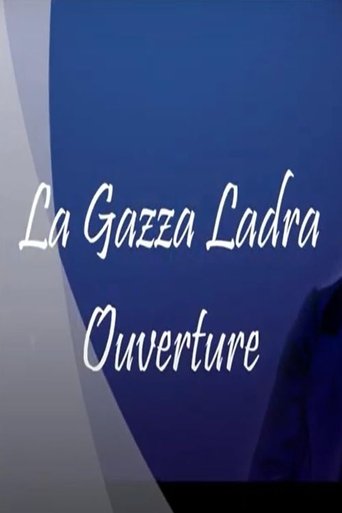
16 Sep 1954

In this short, Johnny Green leads the MGM Symphony Orchestra in a performance of the overture to Rossini's "La Gazza Ladra".
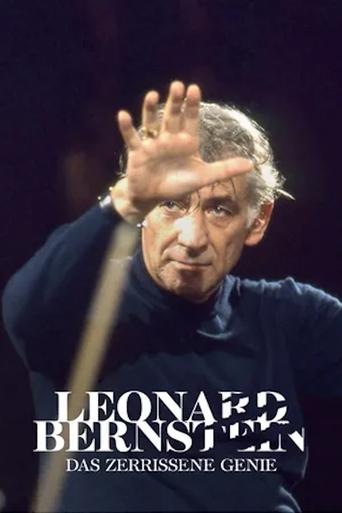
01 Jan 2018

One of the first US born conductors to receive worldwide fame, Leonard Bernstein is an exceptional composer and certainly not only due to The West Side Story. Instead of concentrating exclusively on his most famous work, Thomas von Steinaecker sets out to paint a complete picture of Bernstein. Thus, the documentary focusses on the American’s less known later works and on three compositions in particular: his Mass, the musical 1600 Pennsylvania Avenue and the great final opera A Quiet Place. The film paints a vivid picture of the multitalented Bernstein, struggling with his role as composer and conductor, tackling the tension between successes and flops, between the politics of his time and his own liberal humanitarian claim. It looks back on Bernstein’s major achievements, such as his acclaimed conducting of Mahler and his involvement in the Young People’s Concerts, and it shows Bernstein’s work with young aspiring musicians as well as his political commitment.

18 Dec 2020

Originally aired as part of Beethoven’s 250th anniversary celebration, Johannes Vogel conducts the Synchron Stage Orchestra to perform Gustav Mahler's Orchestration of Symphony No. 9 in D Minor Op. 125 in this dramatic live concert stream. Recorded at the historical Synchron Stage in Vienna, experience the thrills and swells of the Synchron Stage Orchestra - 48 string, 17 woodwind, 14 brass, 4 percussion - comprised of Austria’s finest instrumentalists, alongside a choir of 39 sopranos, altos, tenors, and basses. Composed between 1822 and 1824 in Vienna, Symphony No. 9 in D Minor was Beethoven’s final completed symphony. The use of solo singers and a chorus in the final movement was revolutionary, and the emotional journey from the doubt and struggle to the glorious vision of a world of love and tolerance is regarded as one of the greatest and most heartfelt pieces in classical music.
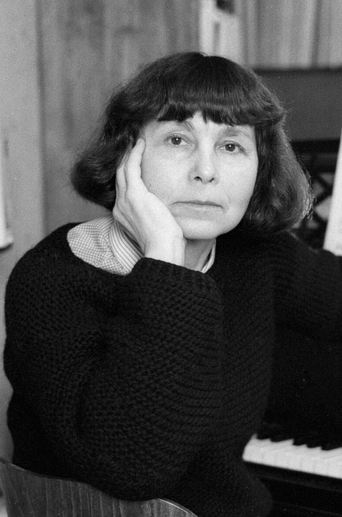
01 Jan 1990

A documentary on the life and work of the composer Sofia Gubaidulina.
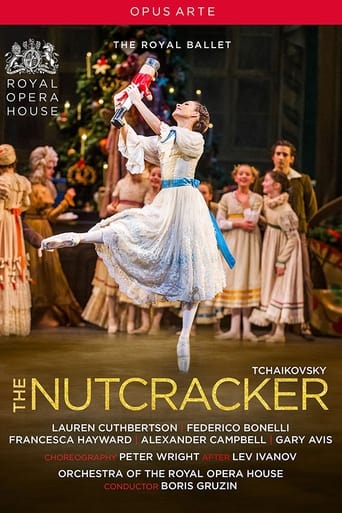
08 Dec 2016

The young Clara creeps downstairs on Christmas Eve to play with her favourite present – a Nutcracker. But the mysterious magician Drosselmeyer is waiting to sweep her off on a magical adventure. After defeating the Mouse King, the Nutcracker and Clara travel through the Land of Snow to the Kingdom of Sweets, where the Sugar Plum Fairy treats them to a wonderful display of dances. Back home, Clara thinks she must have been dreaming – but doesn’t she recognize Drosselmeyer’s nephew?

17 Nov 2022

On Air presents Igor Stravinsky's The Firebird, performed by the world-renowned Royal Philharmonic Orchestra, conducted by Peter Breiner, and recorded at BBC Television Centre. Expertly brought to life by some of the world's most sought-after classical musicians, The Firebird comprises 74 musicians: 51 string, 11 brass, 8 woodwind and 4 percussion. Available now to watch on demand in cinematic quality.
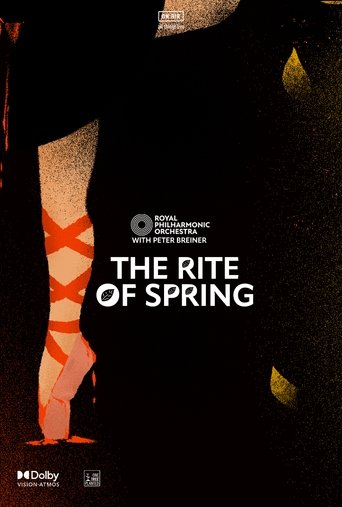
17 Nov 2022

On Air presents Igor Stravinsky's The Rite of Spring, performed by the world-renowned Royal Philharmonic Orchestra, conducted by Peter Breiner, and recorded at BBC Television Centre. Expertly brought to life by some of the world's most sought-after classical musicians, the ensemble comprises 93 instruments: 51 string, 16 woodwind, 20 brass and 6 percussion. The full performance is available to watch on demand in cinematic quality.

17 Nov 2022

On Air presents Igor Stravinsky's Petrushka, performed by the world-renowned Royal Philharmonic Orchestra, conducted by Peter Breiner, and recorded at BBC Television Centre. Expertly brought to life by some of the world's most sought-after classical musicians, the ensemble comprises 86 instruments: 51 string, 14 woodwind, 16 brass, 4 percussion and 1 piano. Available now to watch on demand in cinematic quality.

12 Mar 1976

The film is a parody of Disney's Fantasia, though possibly more of a challenge to Fantasia than parody status would imply. In the context of this film, "Allegro non Troppo" means Not So Fast!, an interjection meaning "slow down" or "think before you act" and refers to the film's pessimistic view of Western progress (as opposed to the optimism of Disney's original).
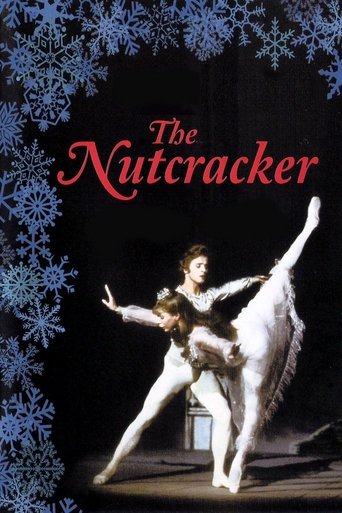
16 Dec 1977

The Nutcracker is Mikhail Baryshnikov's breathtaking and critically acclaimed Emmy-nominated production. This spectacular performance is danced by the magnificent team of Baryshnikov, one of the greatest classical dancers of the century, and Gelsey Kirkland, both showcased at the peak of their careers, with members of the American Ballet Theatre.
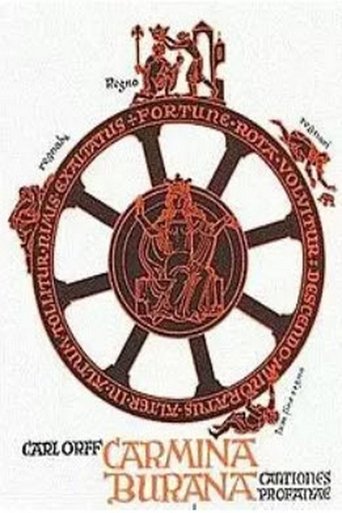
10 Mar 2011

No overview found
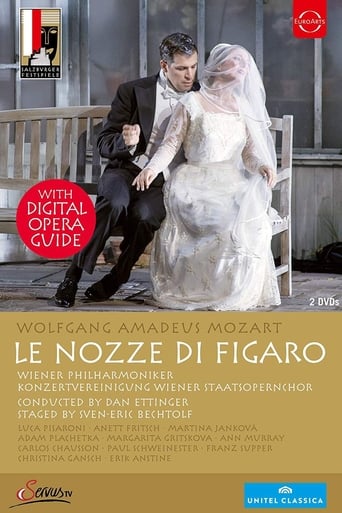
20 Jul 2015

The Salzburg Festival presents one of Wolfgang Amadeus Mozart's masterpieces: the opera Le Nozze di Figaro, in a new production staged by Sven-Eric Bechtolf and conducted by Dan Ettinger. Set-List: Wolfgang Amadeus Mozart, Le nozze di Figaro, K. 492.
05 Oct 2022
Recently diagnosed with ADHD, a symphony conductor uses the career shutdown of the 2020 pandemic to dive into her mental health. She looks for ways to face the challenges and honour the gifts of being neurodiverse.